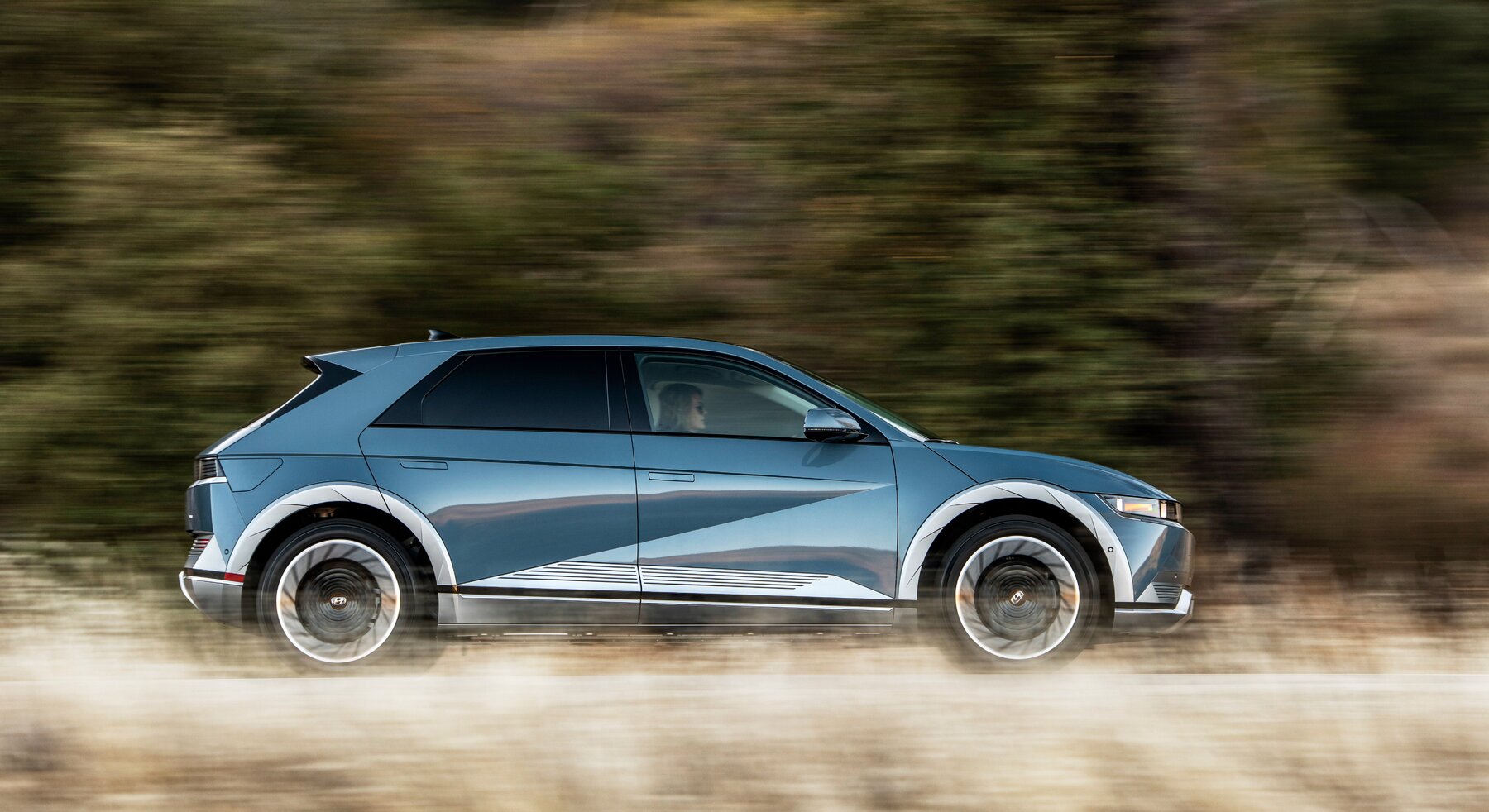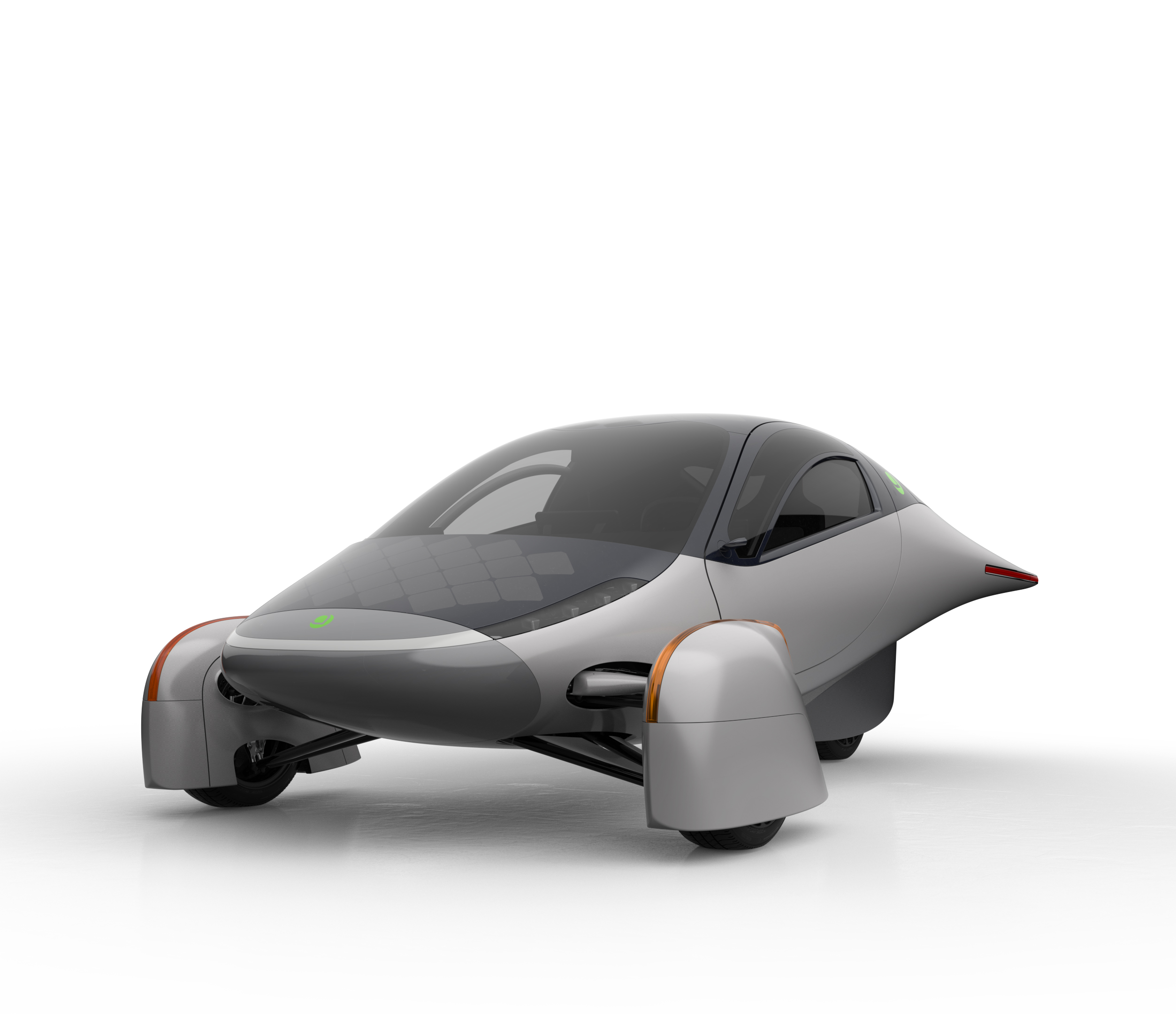Via the googles... Which of course means that they are highly suspect.
I got the Flex value from an article at the Flex's introduction, where the Ford representatives interviewed were talking about the drag coefficient and how proud they were to achieve it for such a large boxy vehicle. So that one I put at least some stock into. The Flex is really interesting for the reasons you point out--despite being so big, it actually rides lower to the ground than many other vehicles in the "SUV/crossover" class, and that helps drag significantly.
The Jeep is a harder case. I've seen values of 0.55 for the previous era of Jeep, the TJ model. Mine is a JK, and they moved to a sloped front grill and sloped windshield in the JK design, and I've seen values online of both 0.48 and 0.50 for the JK. I don't know if that was based on the 2-door or 4-door Wrangler though (mine is 2-door). I also don't put a lot of faith into those numbers, for my own vehicle. I have a Rubicon, which is already lifted relative to the base Sport model with larger tires. So I'm sure that in itself hurts the Cd. So that shouldn't be considered a completely accurate number. I just posted it to talk about my vehicle, which is aerodynamically basically a brick on wheels...
Completely agree with how counterintuitive things can be regarding aerodynamics. I.e. a lot of people think that motorcycles, particularly sportbikes, are aerodynamic because of the sleek body panels and the small frontal area. Whereas the aerodynamics of a motorcycle make my Jeep look slippery. Motorcycles are fast at acceleration because of great power-to-weight ratios, but the aerodynamics are terrible. And pickups are counterintuitive--like
@passedpawn suggests most people think that the truck bed will cause drag, and many people think that driving with the tailgate down will improve gas mileage. But the exact opposite is true; keeping the tailgate closed reduces drag.




























































![Craft A Brew - Safale S-04 Dry Yeast - Fermentis - English Ale Dry Yeast - For English and American Ales and Hard Apple Ciders - Ingredients for Home Brewing - Beer Making Supplies - [1 Pack]](https://m.media-amazon.com/images/I/41fVGNh6JfL._SL500_.jpg)



